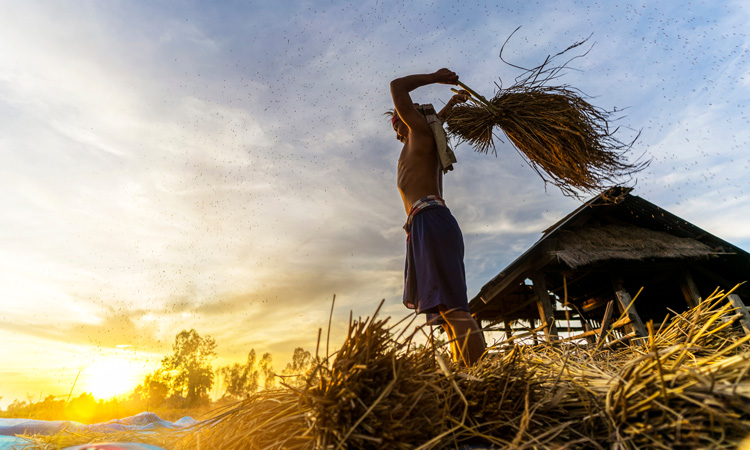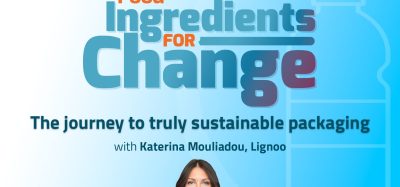FAO and Rabobank partner to make food systems more sustainable
- Like
- Digg
- Del
- Tumblr
- VKontakte
- Buffer
- Love This
- Odnoklassniki
- Meneame
- Blogger
- Amazon
- Yahoo Mail
- Gmail
- AOL
- Newsvine
- HackerNews
- Evernote
- MySpace
- Mail.ru
- Viadeo
- Line
- Comments
- Yummly
- SMS
- Viber
- Telegram
- Subscribe
- Skype
- Facebook Messenger
- Kakao
- LiveJournal
- Yammer
- Edgar
- Fintel
- Mix
- Instapaper
- Copy Link
Posted: 7 July 2020 | Sam Mehmet (New Food) | No comments yet
The project aims to reduce greenhouse gas emissions, improve land and water use, and empower farmers to reduce food losses and address the challenges of inequality.


The Food and Agriculture Organization of the United Nations (FAO) has signed a new partnership agreement with Rabobank, a Dutch cooperative bank, with the intention of helping targeted communities to benefit from more inclusive, sustainable food systems. It also envisages jointly exploring the use of innovative financial instruments to bridge financing gaps in emerging markets and to promote sustainability in food systems investments.
FAO and Rabobank will work with key food and agriculture sectors on a series of projects designed to help lower greenhouse gas (GHG) emissions, improve land and water use, and empower smallholder farmers to address the challenges of climate change and reduction of food losses. The project will particularly focus on ensuring the inclusion of poor, vulnerable and marginalised groups, including women and youth.
The collaboration will begin with a review of the dairy sector in two pilot countries, India and Kenya, with a view to reducing food losses in the sector and promoting a transition to more sustainable food systems.
“The new partnership between FAO and Rabobank will serve to support our work to transform food systems so that they can become more inclusive and sustainable, especially within the context of the COVID-19 response and the need to build back, better. In particular it will focus on improved land and water use, lowering greenhouse gas emissions and food loss while increasing the resilience of farmers and small-scale businesses,” said FAO Director-General Qu Dongyu.
“I also wish to thank Rabobank’s support to FAO’s Hand-In-Hand Initiative which aims, through specific country-led interventions, to assist the most vulnerable populations,” he added.
“COVID-19 has shown us that our food systems need a ‘new normal’,” said Berry Marttin, Board Member of Rabobank. “We need to identify and analyse finance gaps and debate short and long supply chains. We must focus on innovative ways to reward sustainability investments, such as implementing ‘nature costing’, a pricing structure that reflects food’s environmental impact. By partnering with FAO, we can mobilise our complementary expertise and networks to contribute to real food system transformations.”
The partnership will also map agricultural supply chains to identify opportunities for green finance hotspots in emerging markets, and explore the possibility of environmental or climate finance programming incentives that reward farmers and small agribusinesses for adopting GHG emission reduction technologies and practices.
Related topics
Environment, Supply chain, Sustainability, Technology & Innovation, Trade & Economy
Related organisations
Food and Agricultural Organization of the United Nations (FAO), Rabobank









